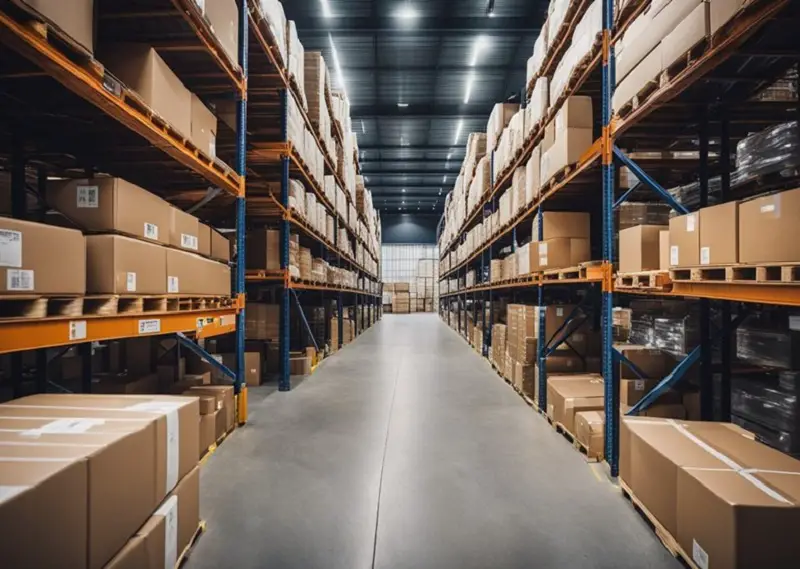LCL stands for Less than Container Load, while FCL stands for Full Container Load. The primary difference between the two is the amount of cargo being shipped.
LCL shipments are typically smaller than FCL shipments and are consolidated with other shipments in a single container. This means that multiple shippers may have their cargo in the same container, which can result in longer transit times and increased risk of damage or loss.
Understanding LCL and Full Container Load
Definition of LCL
LCL means that the cargo will be consolidated with other shipments into one container. This is a cost-effective option for small to medium-sized businesses that do not have enough cargo to fill an entire container.
LCL sea freight is charged based on the volume or weight of the cargo, whichever is higher. The shipping company will measure the cargo and charge the customer based on the space that it occupies in the container. This means that the customer only pays for the space that they use in the container.
Definition of Full Container Load
Full Container Load, or FCL, refers to a shipment that fills an entire container. This option is suitable for businesses that have enough cargo to fill an entire container. FCL is a cost-effective option for large shipments because the customer pays a flat rate for the entire container, regardless of how much cargo is inside.
FCL sea freight is charged based on the size of the container and the destination. The shipping company will charge the customer based on the size of the container that they choose and the destination that they are shipping to.
Comparing LCL and Full Container Load
Cost Differences
One of the main differences between LCL and full container load is the cost. LCL shipping is generally more expensive per cubic meter or weight than FCL shipping. This is because LCL shipments are charged based on the space they occupy in the container, whereas FCL shipments are charged based on the entire container, regardless of how much space is used.
Volume and Space Considerations
LCL shipping is ideal for small to medium-sized shipments that don’t require a full container. It’s a cost-effective option for businesses that need to ship smaller quantities of goods. On the other hand, FCL shipping is more suitable for larger shipments that require the use of a whole container. This option is ideal for businesses that need to ship a large quantity of goods.
Shipping Times
LCL shipping takes longer than FCL shipping because it involves consolidation of multiple shipments into one container. This process can take a few days to a few weeks, depending on the number of shipments being consolidated. FCL shipping, on the other hand, is faster because the container is dedicated to one shipment only.
Handling and Security
LCL shipments are more vulnerable to damage and theft because they are consolidated with other shipments. FCL shipments, on the other hand, are more secure because the container is sealed and dedicated to one shipment only. This reduces the risk of damage or theft..

